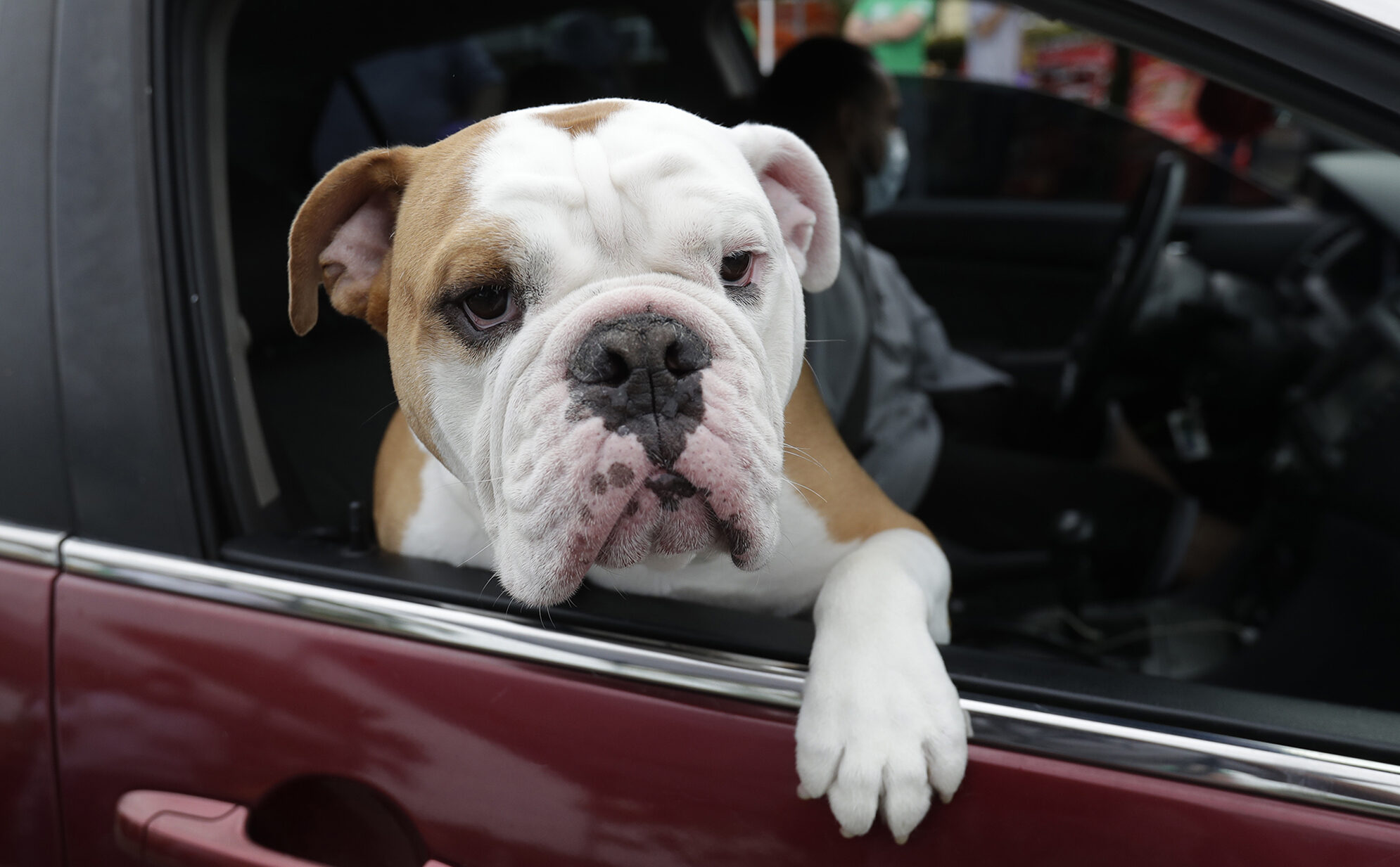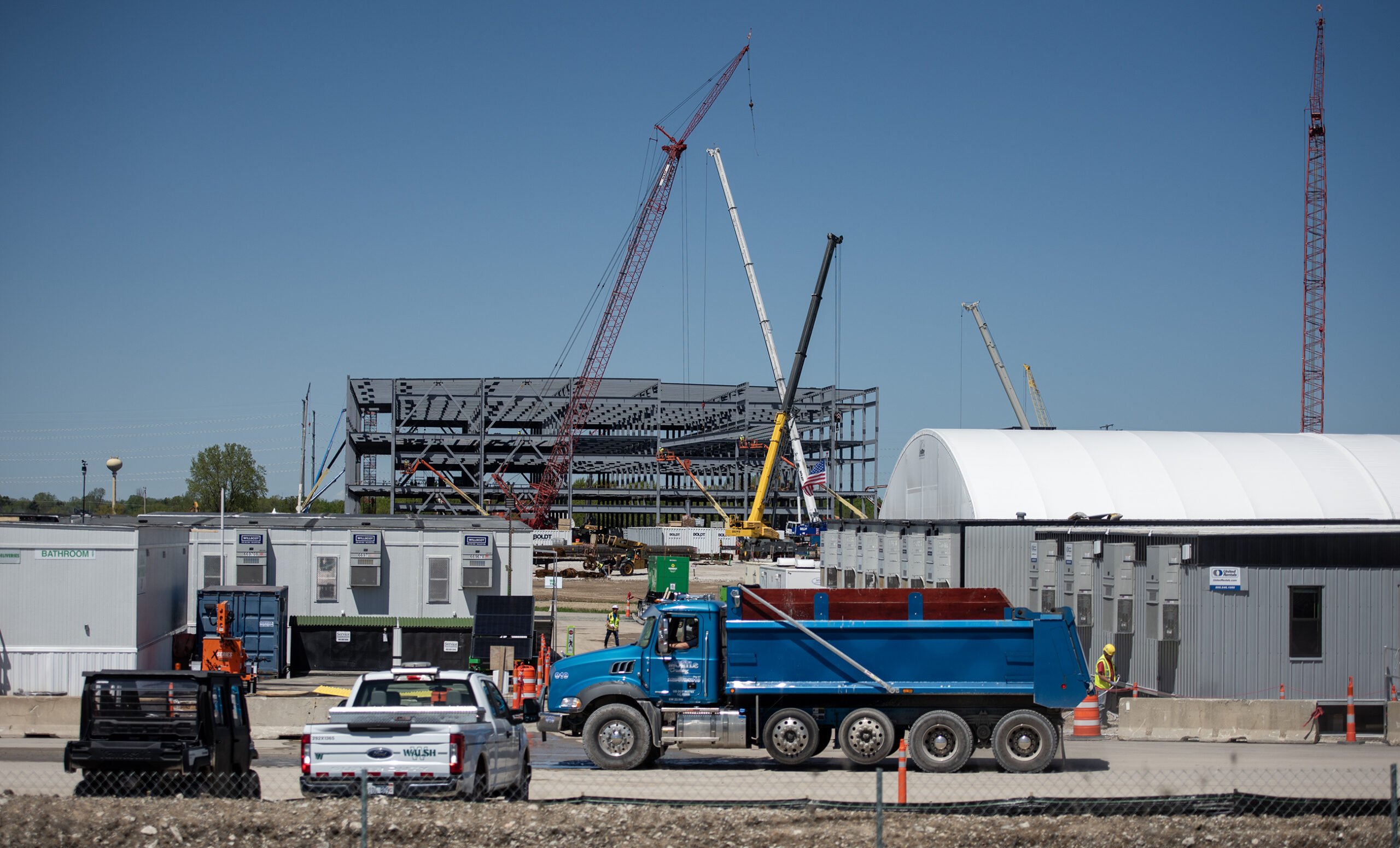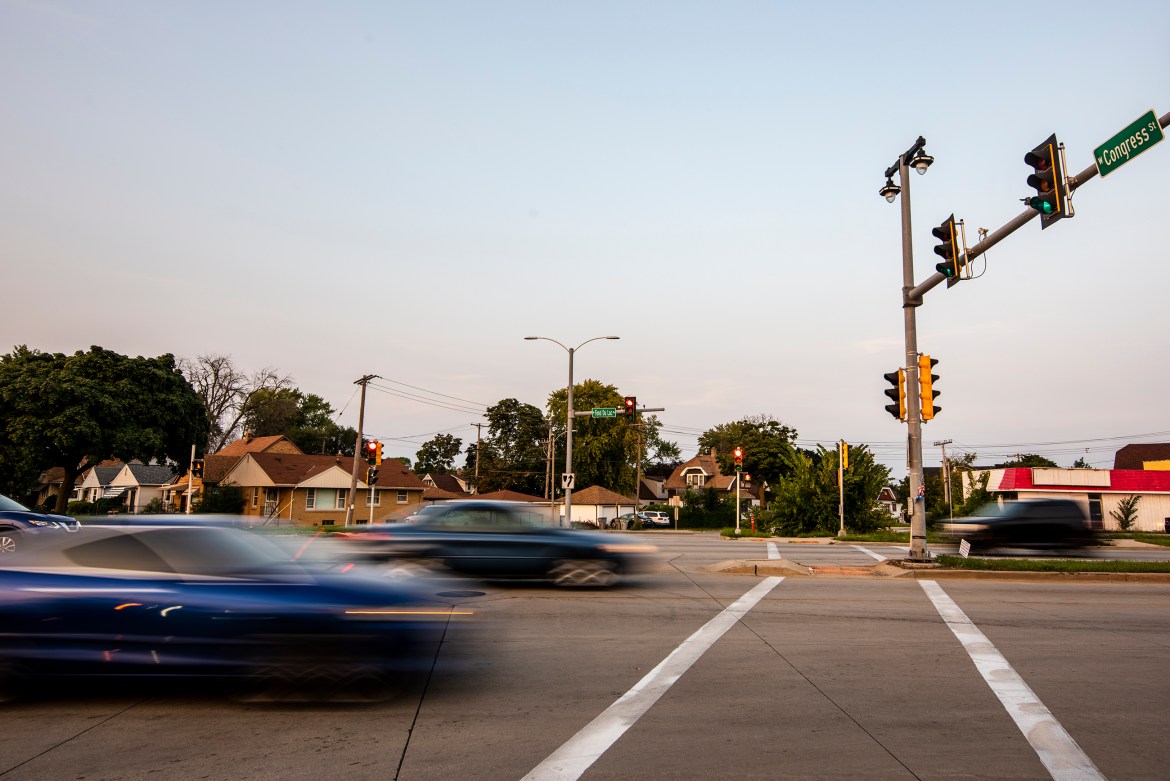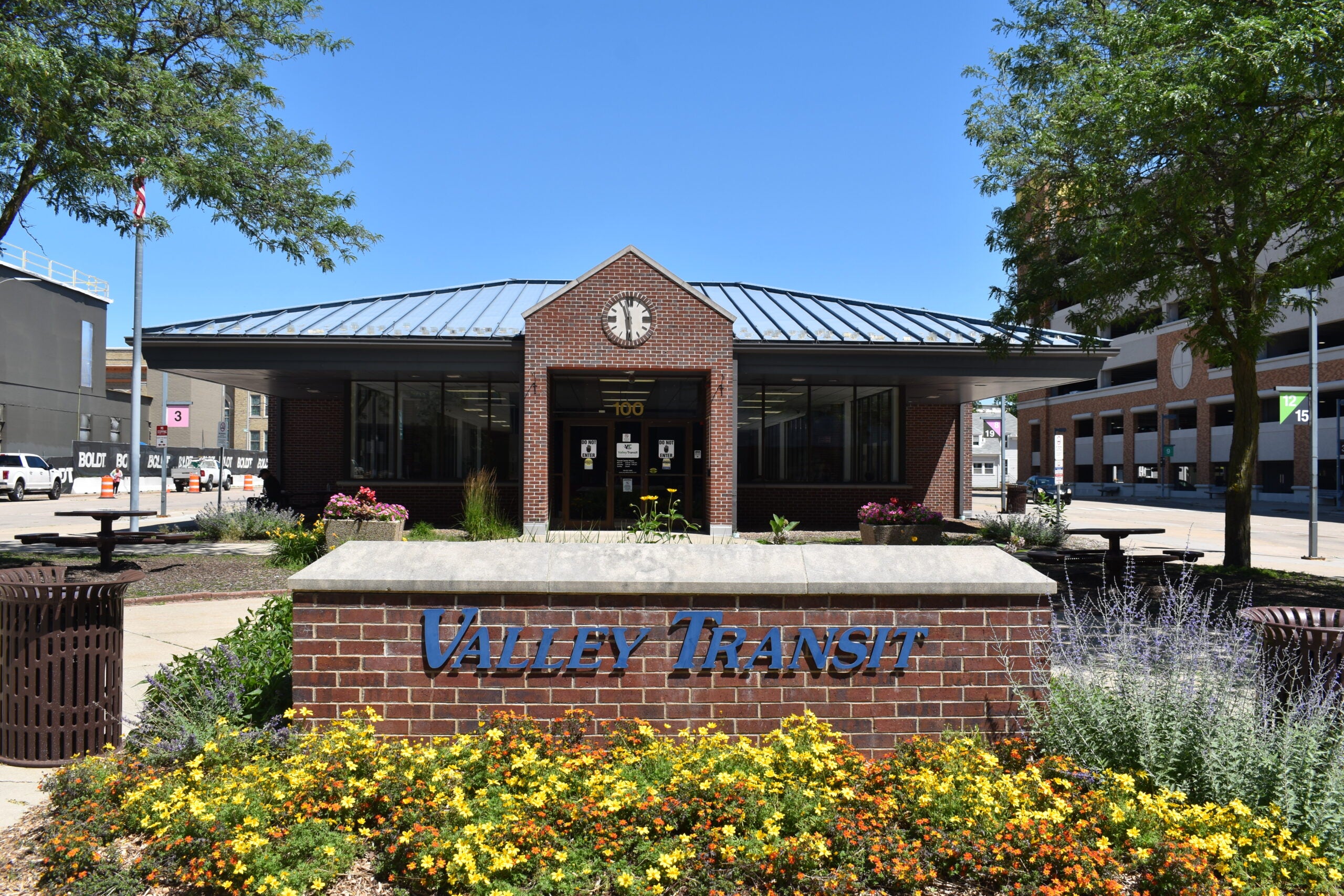Human Powered Transportation-
Advocates for better human powered transportation say the health and pocketbook of people who hop in the car for convenience could improve dramatically if they’d walk or take a bicycle, something they also say is still a tough sell for the people who still see their automobile as the only way to travel.
Two conferences in La Crosse this week, the Midwest Active Transportation Conference at UW-La Crosse and the Wisconsin Bike Summit at the Radisson Hotel are bringing attention to getting around in a non-motorized fashion.
Driving a car costs thousands of dollars each year, and the average American sits on average more than nine hours a day according to Matthew Christen, the founder of Urban Connections in Onalaska, which works with groups of people on getting more active rather than passive in their transportation choices.
Christen said if Americans would just start small, reducing the hundreds of billions of car trips taken each year that are less than two miles, it could have a major impact on both their budget and their health.
“Whether it’s contributing to a way that we can get a little healthier, the way that we can be a little more productive in school or work or whether it’s the impact we’re removing from our local infrastructure whether it’s traffic and congestion mitigation,” Christen said. “There’s that element of changing our perception. Let’s try those short trips and see what we can do.”
America’s love for the automobile grew after World War II and the rise of the suburbs according to Dr. James Longhurst, an associate professor of history at UW-La Crosse, bicycle advocate and author of Bike Battles: A History of Sharing the American Road. Longhurst said the impetus for those who want to see more human powered transportation began in the roots of the environmental movement in the 1970s.
He said society is often very conflicted over what modes of transportation are best at any one period of history. Both the bicycle and automobile have at times been a status symbol for wealthy Americans, and Longhurst said the choice of which mode of transportation is best are often not very rational.
“It somewhat curses the bicycle right now because a lot of the negative associations win out over the positive,” said Longhurst. “Some people associate bicycles with ‘Oh well, you don’t work hard enough to have a car,’ or they associate it with ‘that is the transportation of snooty, latte-sipping elites,’ and these two associations are contradictory and they are negative and they stick around. The automobile also has positive associations and it also sometimes has negative associations.”
Longhurst said as an advocate for human powered transportation, he also likes automobiles, and recognizes they have a place for long-distance commutes and things like emergencies.
by John Davis
Episode Credits
- Hope Kirwan Host
- John Davis Producer
- Matthew Christen Guest
- James Longhurst Guest
- Lewis Kuhlman Guest
Wisconsin Public Radio, © Copyright 2024, Board of Regents of the University of Wisconsin System and Wisconsin Educational Communications Board.






